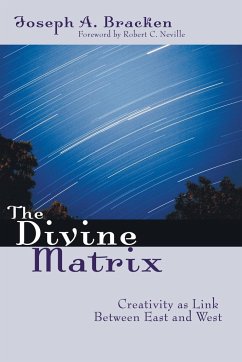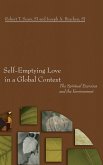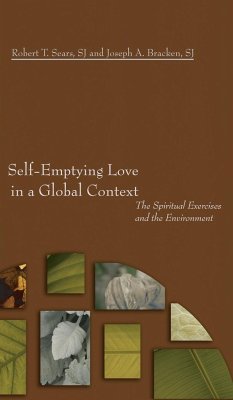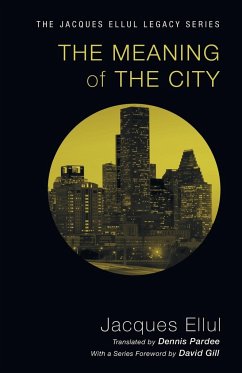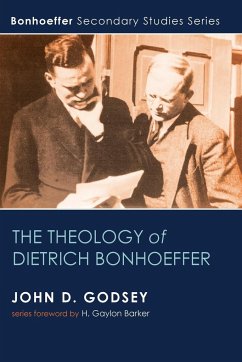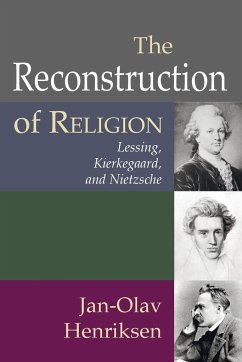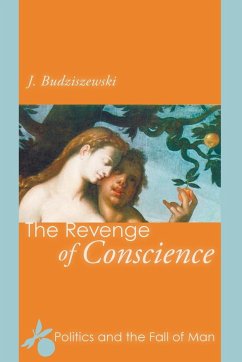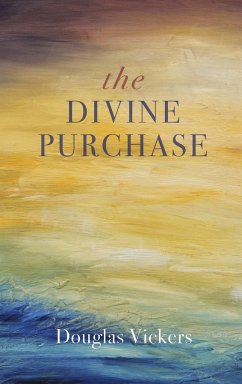Dialogue among religions has always been challenging. Today the questions are becoming more fundamental: are the various traditions-Buddhist, Christian, Hindu, Tao-even talking about the same thing when they speak of Nature, of God, Emptiness or Brahma? The Divine Matrix represents a bold scholarly attempt to provide a framework for discussing these and other questions that will keep the interreligious dialogue project from grinding to a halt. In 'The Divine Matrix' philosopher and theologian Joseph Bracken first names the idea that the Infinite is the transcendent source and goal of human activity to be the notion common to virtually all the major world religions. He suggests that the Infinite is prototypically experienced not as an entity but as an ongoing activity-the principle of activity for all beings (God included). This idea is consistent with the notion of eternal and continuous motion in Aristotle, with the act of being (actus essendi) in the theology of Thomas Aquinas and Meister Eckert, and with the ground of being of Schelling and Heidegger, as well as with Whitehead's definition of creativity. Bracken goes on to show that this idea is implicit in descriptions of Brahman in the Hindu Upanishads, in the experience of pratitya-samutpada (dependent co-arising) in classical Buddhism, and in descriptions of the Tao in Tao Te Ching and Chuang Tzu. The Divine Matrix proposes that the Infinite, thus identified, be understood as a nondual reality: an activity that does not exist in itself but only in the entities which it thereby empowers to exist. This, Bracken argues, becomes the key to understanding ultimate reality within the different world religions.
Hinweis: Dieser Artikel kann nur an eine deutsche Lieferadresse ausgeliefert werden.
Hinweis: Dieser Artikel kann nur an eine deutsche Lieferadresse ausgeliefert werden.

